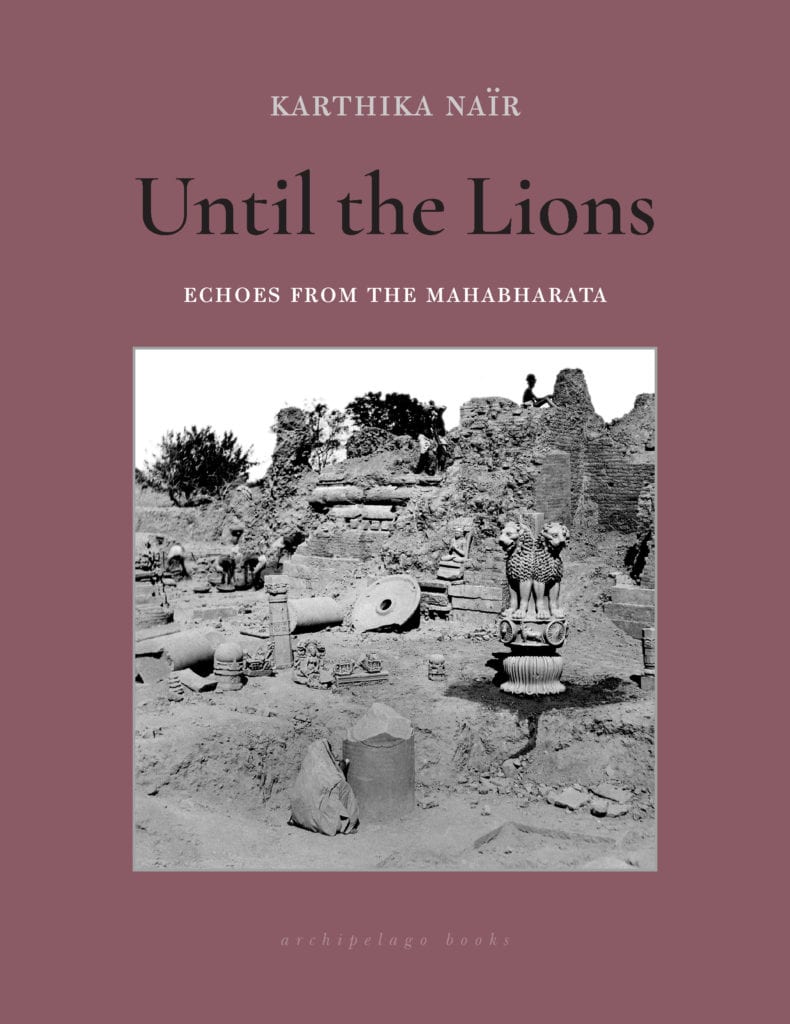from Hermann Wallmann — "The complete review's Review" a review of Dreams and Stones
The complete review’s Review
2000-07-29
Dreams and Stones is a fantastical fiction, its subject a nameless city. It is mainly descriptive: there is no sequence of incidents of the sort that usually carry a novel forward. Other than the city itself there are no characters — just anonymous masses of inhabitants and workmen and the like, with no individuals standing out.
Dreams and Stones reads almost like a lyrical essay, but it drifts beyond that. It is fantastical, a work of the imagination that sees in the city much beyond the everyday and real: it’s an interpretation that goes far beyond familiar urban realities.
The book is rich in fertile imagery, the city never static but rather in a state of constant, swelling metamorphosis. Growth and change are both organic and industrial, something Tulli conveys particularly well.
Many of her images and descriptions are striking, as is her ability to keep the reader from fixing on any single one. The world — this world, especially — is in constant flux, and the scenes can not be captured with photographic precision, blurring just at the moment when the scene seems to come into focus. Fans of naturalism will not be pleased, but it’s an effective representation of urban (and historical) memory:
Objects and buildings circulate randomly and mingle with one another. Memory must constantly untangle them since permanent order is not possible there. The city can neither be described nor drawn; the reality of the city blocks is resistant to orthogonal projection.
The city is to some extent situated in contemporary European topography, connexions to Paris and St. Petersburg and elsewhere reflecting back and helping in defining it. Presumably, in fact, the city is Warsaw, but Tulli’s cityscape is near-universal: particulars may differ, but what interests her about the living entities that cities are can be expressed more generally. Specifically, the constantly changing city — different from every perspective and every person’s place within (and without) it — mirrors life and memory itself. It’s one way of looking at the common conundrum:
In this city of changes, ruled by memory, there had to be room for everything that memory has retained, yet every day its contents are reduced to shreds a little more.
Tulli’s wild vision sometimes goes too far, as when she describes dark stars in the sky, invisible because:
They were smashed to pieces by the helicopters of the municipal transit system which were roaming aimlessly beneath the vault of the sky without fuel, which they could not refill since there was nowhere to land: The landing pads on the rooftops had never been built and now they were overgrown with dense jungles of antennas.
But elsewhere she impresses greatly. There are many simple yet effective images: “With time the buildings took on the same shade of gray as the cloudy sky and in this manner disappeared.” And there are also more elaborate but similarly effective descriptions:
At dusk the city of dreams and the city extending in space become one and join in a murky whole crowned by the black silhouettes of office buildings against a reddish sky, giant edifices constructed not long ago yet already affected by corrosion and darkness. Nowhere is there any boundary marker, inscription or informational sign that would indicate the relative positions of dreams and waking life. Some take the ringing of alarm clocks in the morning as a signal indicating the crossing of the border. But alarm clocks which themselves belong to dreams cannot wake people from them.
Readers should be aware of what they are getting themselves into: Dreams and Stones is an almost plot-less novel of description. Romance, action, dramatic arc are absent. But for those who don’t mind that, it’s certainly worthwhile: Tulli does what she does very well, her meditation on memory and the cityscape an often fascinating, wildly-imagined, and well-conveyed one.

